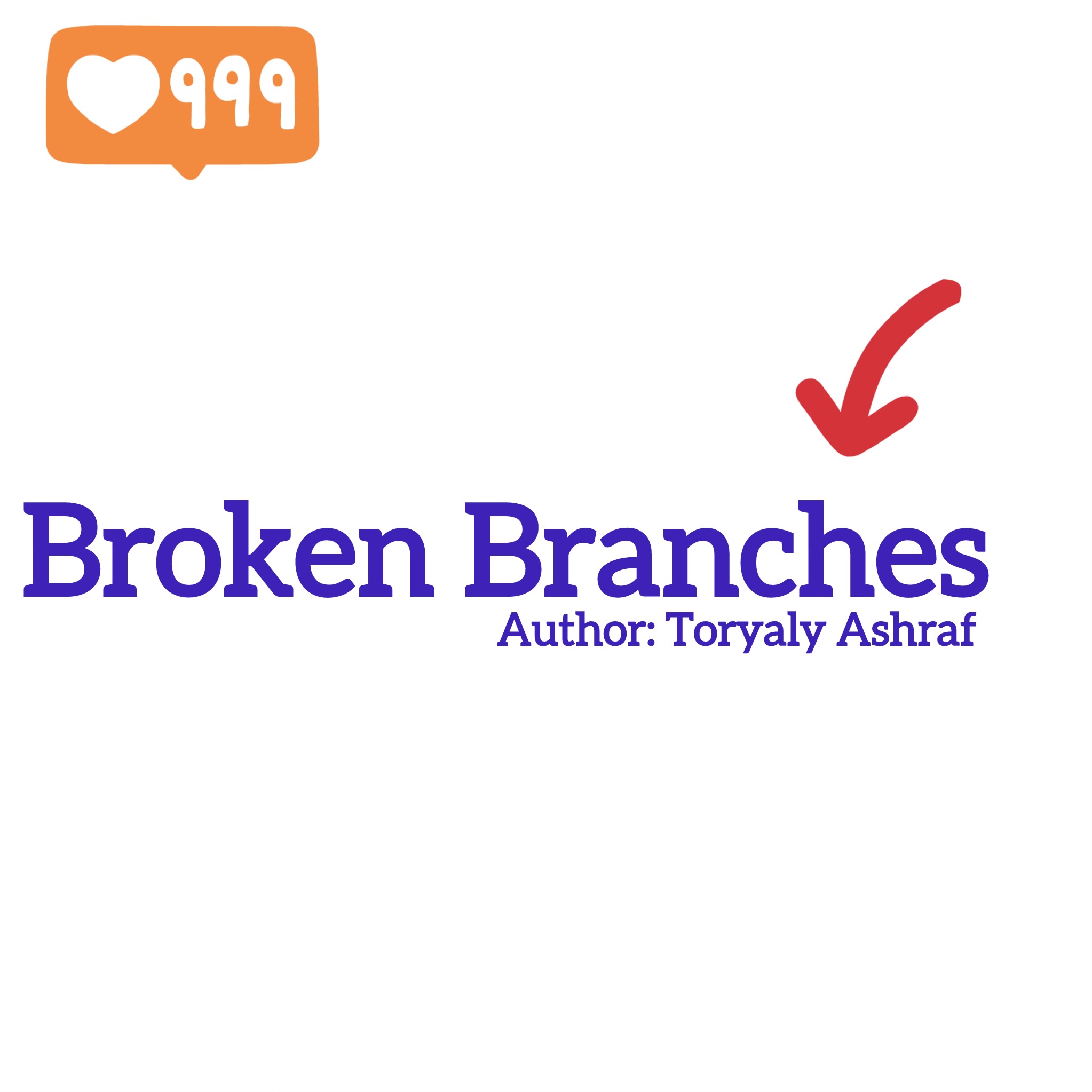June 30, 2020
When you look at a fresh, young tree, you see countless branches. Each branch proudly showcases beautiful blossoms and offers us colorful, vibrant fruits. Trees require years to grow, and every tree contributes positively to the life cycle of creatures on this planet in its own unique way.
But today, I am not here to talk about environmental matters. I want to use this analogy to illustrate the process of human life.
We, humans, are much like trees. We start small, we grow, and over time, a single branch splits into multiple branches. Yes, when I was a child, my life had just one branch—my parents. My sole focus was to do whatever pleased them so that they were happy with me. But then, another branch emerged in my life: the branch of education. Now, I was slightly older, and I had to focus on both branches—working hard in school while continuing to keep my parents happy.
Days and nights passed, and one day, I realized a third branch had sprouted in my life. Oh God! I had thought those two branches were enough for a lifetime, but here came a third one! This third branch was the branch of higher education.
As time went on, new branches appeared—branches of friendship, love, religion, reflection, aspirations, work, marriage, children… Oh my! How big I have grown, my body now adorned with countless branches, large and small. But as I grew, many others took notice of me, and some sought to strip me of my branches.
Suddenly, I realized one branch had broken—the branch of work. Oh, my God! I must find a new job and rebuild this branch. And there! Another branch was broken—the branch of love. Then, even the branch of my parents broke when I lost them. That branch can never be rebuilt. No branch can replace the ones that are lost.
Every day, we humans strive to create new branches and heal the broken ones in our lives. If you’re facing stress, anxiety, depression, or other mental struggles, understand that a branch has broken—or is on the verge of breaking.
But what should we do?
Remember, no tree is eternal. No branch remains unscathed forever. Many branches cannot be repaired. Yet, masterpieces can still be created. Focus on the branches that remain. Take care of them, nurture them, and watch them thrive. Even if they don’t sprout new branches, one day, a single branch can become a tree of its own.
Imagine all your branches have broken, leaving only one branch—the branch of faith. This branch symbolizes hope for the future. It signifies rebuilding a life from scratch with God’s help, asking Him for what you’ve lost. Never forget: vast forests once started from a single sapling or seedling.
Life continues in this way. I’ve grown now, striving to offer beautiful blossoms to nature, provide beneficial fruits, shade others, and even serve as timber for constructing magnificent homes. But interestingly enough, many people don’t care about the number of branches you have or the struggles you’ve endured to restore your broken ones.
For many, it doesn’t matter how vibrant your flowers are—they wait for autumn to collect your fallen leaves.
For many, it doesn’t matter how sweet your fruits are—they only care about how long you can keep them warm as they burn you.
For many, it doesn’t matter if you offer them shelter—they only see you as a temporary refuge.
What is the purpose, then?
Our lives revolve around growing and repairing branches. But sometimes, we must accept that certain broken branches cannot be restored and must be removed. These branches, if left unattended, can destroy our entire tree, our future, and our inner peace. Let go of branches that no longer serve you, and plant new ones next season.
Remember: you cannot thrive with nine broken branches and one healthy branch. But if you cut away those nine broken branches and focus on the single healthy one, it can multiply into two, then three, and eventually, a new, strong, fruitful tree will emerge.
Humans are God’s greatest creations, for they can adorn themselves with the most vibrant colors and offer a variety of fruits—morality, kindness, humanity, friendship, love, and wisdom—to the world around them.
Author: Toryaly Ashraf

